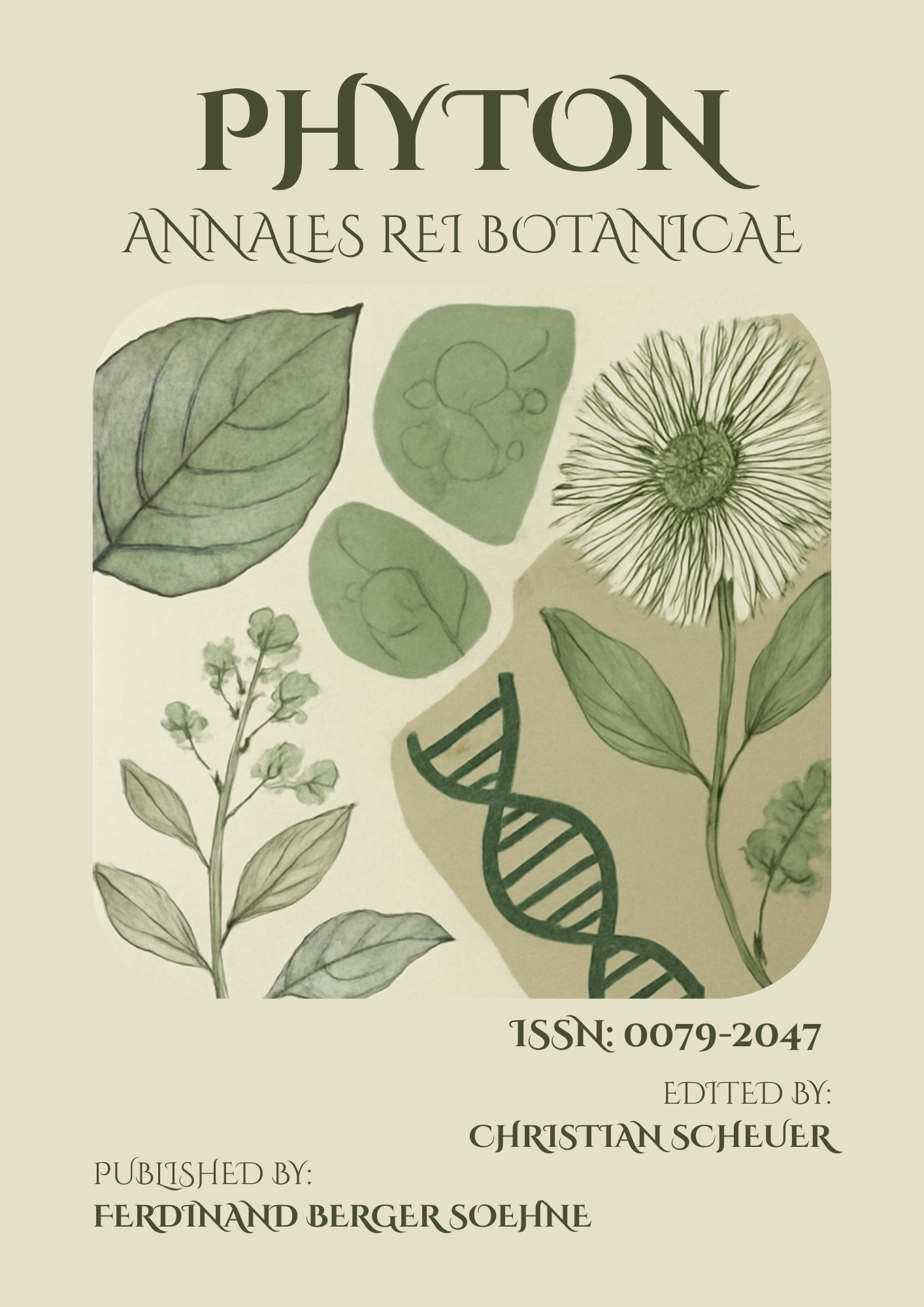Integrated Pest Management (IPM): A Sustainable Approach to Pest Control in Agriculture
Keywords:
Integrated Pest Management, Sustainable Agriculture, Pest Control, Biological Control, Crop Protection, IPMAbstract
Integrated Pest Management (IPM) has emerged as a sustainable and environmentally friendly approach to controlling agricultural pests. This paper examines the principles of IPM, focusing on its role in minimizing pesticide use, enhancing crop productivity, and protecting biodiversity. The study explores various components of IPM, including biological control, cultural practices, mechanical control, and the use of resistant crop varieties. Case studies from different regions highlight the success of IPM strategies in reducing pest populations while maintaining environmental health. The research also addresses the challenges in implementing IPM, such as the need for farmer education, the availability of appropriate pest control options, and the economic viability of IPM practices. The paper concludes with recommendations for strengthening IPM adoption, including government support, farmer training programs, and international collaboration on pest monitoring and control technologies.
Published
How to Cite
Issue
Section
License
Copyright (c) 2024 PHYTON-ANNALES REI BOTANICAE

This work is licensed under a Creative Commons Attribution-NonCommercial-ShareAlike 4.0 International License.
This article is published under the terms of the Creative Commons Attribution-NonCommercial-ShareAlike 4.0 International License (CC BY-NC-SA 4.0). Readers may share and adapt the material for non-commercial purposes, provided appropriate credit is given and adaptations are shared under the same license.



